The conflict between Russia and Ukraine is one that echoes in the hearts and emotions of Romanian citizens everywhere, said on Friday, in an interview with AGERPRES, the British Ambassador in Bucharest, Andrew Noble, Agerpres.ro informs.
"I know, from the discussions with many colleagues from Bucharest, that this is not just a technical invasion. It is also an invasion that echoes in the hearts and emotions of Romanian citizens everywhere. I can see that it is a totalitarian state, like the one from which Romania managed to free itself 32 years ago," the diplomat said.
He speaks, in the interview, about the sanctions announced by London in the context of the military conflict and about the chances of diplomacy at the moment.
AGERPRES: The British Prime Minister announced a series of sanctions for Russia in the context of the Russia-Ukraine conflict. Could you talk a little bit about them and how effective will they be? Will there be a need for a second packAGE of sanctions?
Andrew Noble: We made a first set of sanctions when Putin annexed the two breakaway territories, which were quite limited. But yesterday, the Prime Minister announced a sweeping set of sanctions affecting the whole of the financial system, including making it impossible for Russian entities to use sterling in their international transactions. We are in the process of legislating further, to increase the impact of the sanctions that were announced yesterday, but they are very, very far-reaching already. They include a ban on the Russian state and private companies from raising funds in the UK, we're looking at the cutting of Russia off from SWIFT, we will impose asset freezes on over 100 entities and individuals and banning Aeroflot from the UK and many more sanctions, so I think it's a very considerable package.
AGERPRES: You mentioned SWIFT and there was a big debate both in the US and the EU, because they did not make the decision of taking Russia out of SWIFT. Is the UK decided to take Russia out of the SWIFT system?
Andrew Noble: We believe it's important to put real constraints on Putin's government to be able to act, and, clearly, taking Russia out of SWIFT would be one such measure. What we have done is to prevent him from being able to use our currency for his international transactions, and we would like to see comparable steps taken by the entirety of the international community.
AGERPRES: There is a meeting, or there are announcements of a meeting between the President of Ukraine and the President of Russia. At least the President of Ukraine said that he's available for such a meeting. Does the UK believe in such a meeting? The question I want to ask is: Is diplomacy still available at this point when it comes to Russia and Ukraine?
Andrew Noble: Diplomacy is always available, apart from when an aggressor decides that they want to abandon diplomacy and use violence, and that's what we have seen this week. There were talks planned between Secretary of State Blinken and Foreign Minister Lavrov that should have taken place on Thursday, and that diplomatic opening was only closed due to Russia's flagrant use of violence. So you know, diplomacy is always available, but the readiness to use diplomacy seriously needs also to be shown and, unfortunately, President Putin has a track record of going along with the actions of diplomacy, but actually preparing for war. That's why we see ourselves in this terrible conflict now.
AGERPRES: When it comes to the military involvement of the UK, especially in Romania, is the UK ready or willing to contribute militarily in Romania or on the Eastern Flank with troops or military equipment? Because Germany sent troops, France announced it wants to lead a battle group in Romania, do you have any signals on this front?
Andrew Noble: These are all contributions that are managed within the NATO framework and the British government has made a very considerable offer to NATO of increased forces - land, naval and air - to contribute to the security of Allied countries and that's what we will continue to do. Romania is one of the main focuses of that British contribution, which isn't just ground forces, it's also naval assets and air assets, seeking to provide the security of Romania and of the Alliance as a whole.
AGERPRES: Everybody is expecting a refugee crisis, hopefully not, but when it comes to the possibility of a refugee crisis, is the UK willing to help financially in such a refugee crisis?
Andrew Noble: Well, we don't know what requirements there may be for assistance. We have a thousand troops on standby, if there was a need to help manage a refugee wave, but the Romanian government has, so far, no such requests for assistance of any kind, in our direction at least.
AGERPRES: As far as I know, there is a consistent Ukrainian community in the United Kingdom. What's the message for them? What's the support for them at this moment?
Andrew Noble: The political support for Ukrainians and the country of Ukraine is absolute and with full support of the Prime Minister and all major political parties of the United Kingdom, as was shown by the debate in Parliament, last night. Ukrainian citizens in the UK are a valuable part of our society and we are distraught with them that a totalitarian leader has invaded their country and is continuing with that military assault. We want that assault to stop and we want Ukraine to be turned back to being a peaceful country as quickly as possible.
AGERPRES: At this moment I have to ask you the question if the UK has a worst-case scenario in the Russia-Ukraine conflict and what is that scenario and what would be the response to that scenario?
Andrew Noble: I'm not sure I would discuss worst case scenarios, I think it's more appropriate that we deal with the situation on the ground - and we have clarity that President Putin intends to invade and control politically Ukraine. That may not be a worst case scenario but it is a very bad scenario and it's one reason that we're seeking to give solidarity and support to the Government of Ukraine, and we're supporting the neighbouring countries of Ukraine in resisting any outfall from that crisis.
AGERPRES: There is also a big Russian community in the United Kingdom. Is there a message that the UK wants to send them?
Andrew Noble: I think one of the things that the Prime Minister was at great pains to point out is that our problem is not with Russian people. This is a terrible act of international violence perpetrated by a small group of people at the pinnacle of Russia, but we do not believe that President Putin is acting with the support of the Russian people, either in Russia or the Russians who live in the United Kingdom and who are an important part of our society and our economy. So the message to the Russians is: we suffer with you because of this leader that you have got which has suppressed all democratic opposition and won't even allow demonstrations to take place on the streets of Russian cities. We want to resist his use of violence in a neighboring and peaceful country, and we want you to enjoy your lives in the UK where you are really valued individuals. We're very much thinking of this as a distant and intolerant group of people, a very small group, who are actually misusing the power and the availancy of Russia against Ukraine.
AGERPRES: Is the United Kingdom open to bilateral talks with Russian leaders at this moment?
Andrew Noble: Well, I think the Prime Minister Johnson put it well yesterday, that we the UK, the whole of the West - NATO countries -, have demonstrated for many months that we are open to diplomacy. We've had British ministers visiting Moscow for talks with their opposite numbers, and unfortunately President Putin has decided to ignore all of that and to carry on with this program of violence that he planned some time ago. And the cynicism of him appearing to conduct diplomatic negotiations was demonstrated when the Blinken-Lavrov talks were cancelled by the invasion of Ukraine.
AGERPRES: Then, again I ask you, is the way of diplomacy still open?
Andrew Noble: Well, Putin has closed the way of diplomacy. You cannot talk to a man who is insisting on the demilitarisation and denazification of a peaceful, non-Nazi country. He is not open to diplomacy and that, unfortunately, is the big stumbling block. We will see the United Nations Security Council call for a peaceful and urgent abandonment of violence and we fully expect that Russia will veto such a United Nations Security Council Resolution, which I think demonstrates that most of the world is in favour of peace being restored and forces returning to their barracks - and even their country of origin, but Russia is determined to fight a war to suppress this democratic neighbour.
AGERPRES: Is there anything else you would like to add to this subject?
Andrew Noble: I think the only thing I can add is that I know, from talking with a lot of colleagues in Bucharest that this is not just a technical invasion, this is also an invasion that affects the hearts and emotions of Romanian citizens everywhere. They can see that this is a totalitarian state of the sort that Romania managed to free itself of 32 years ago, and the memories that Putin using violence in this way, to suppress democracy and to suppress freedom, are some that make people sick in their hearts and our solidarity goes out to the people of Romania, and Slovakia, and Poland, and the other bordering countries as much as it does to Ukrainians.

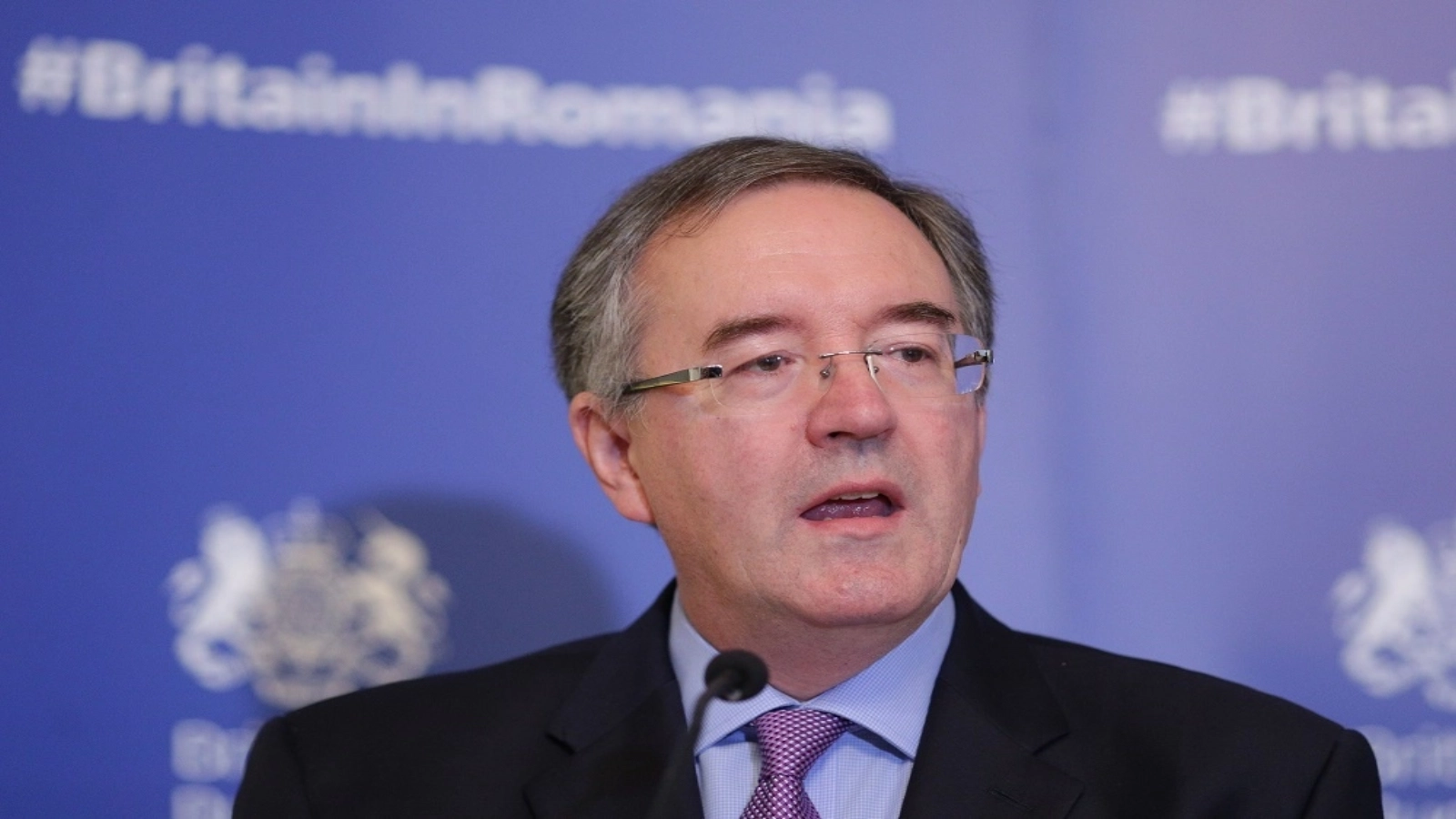

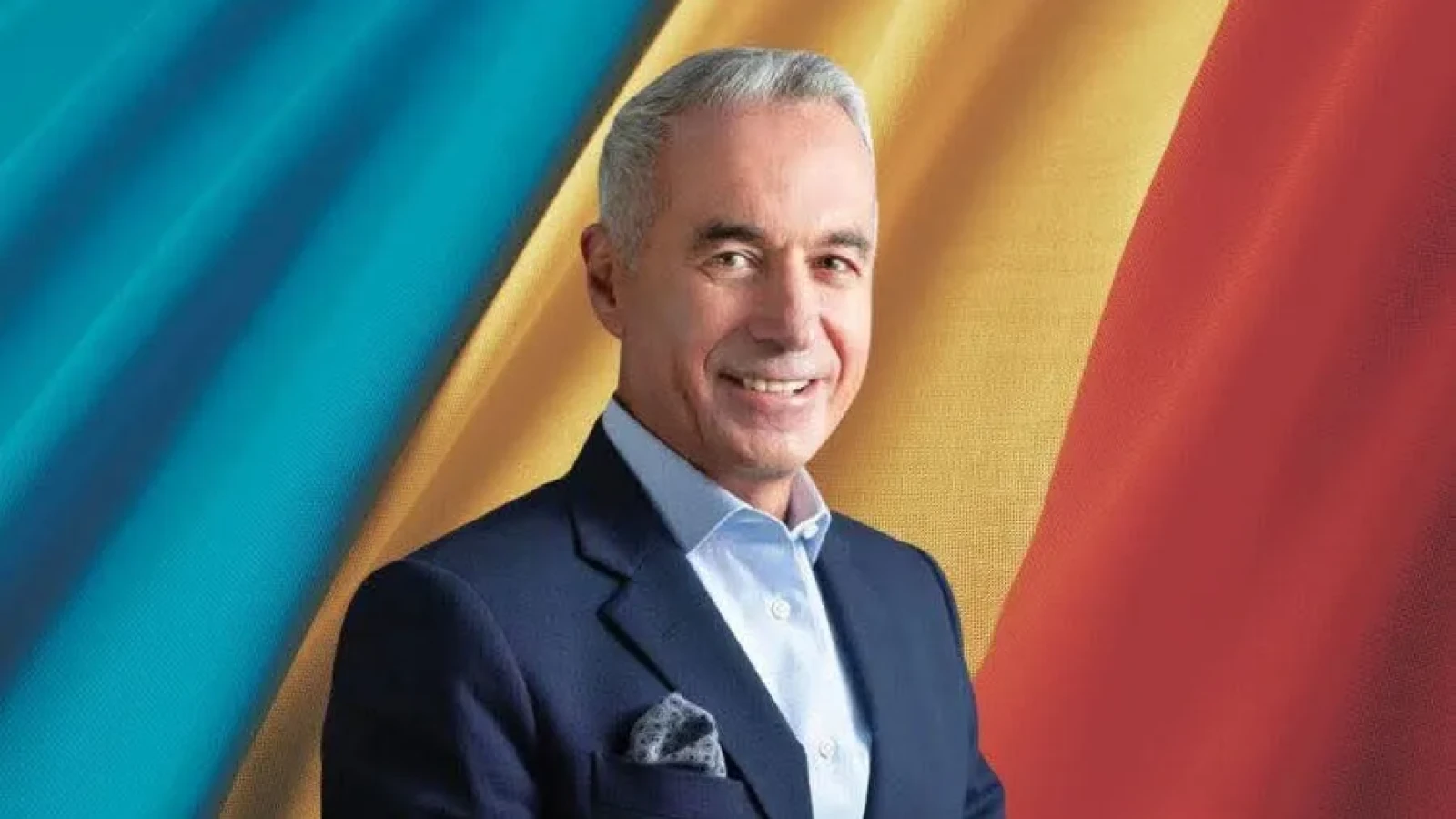

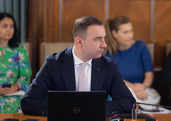
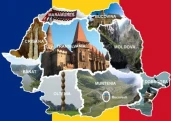
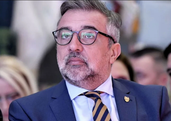

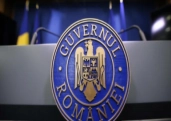
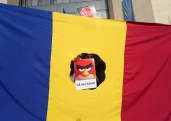

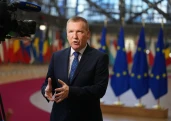

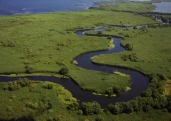
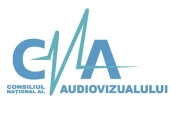
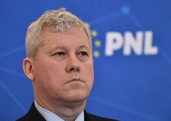
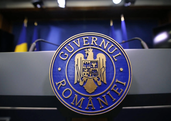


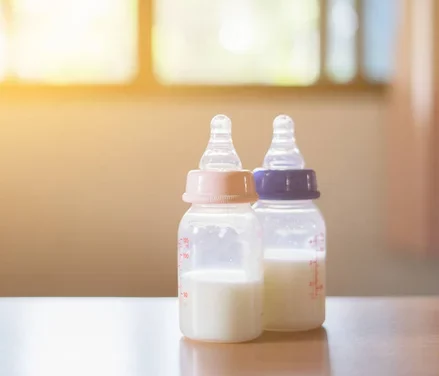
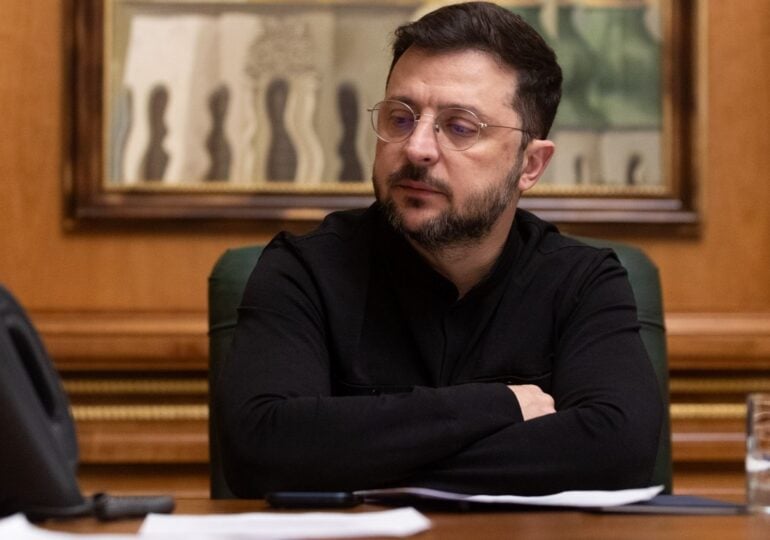

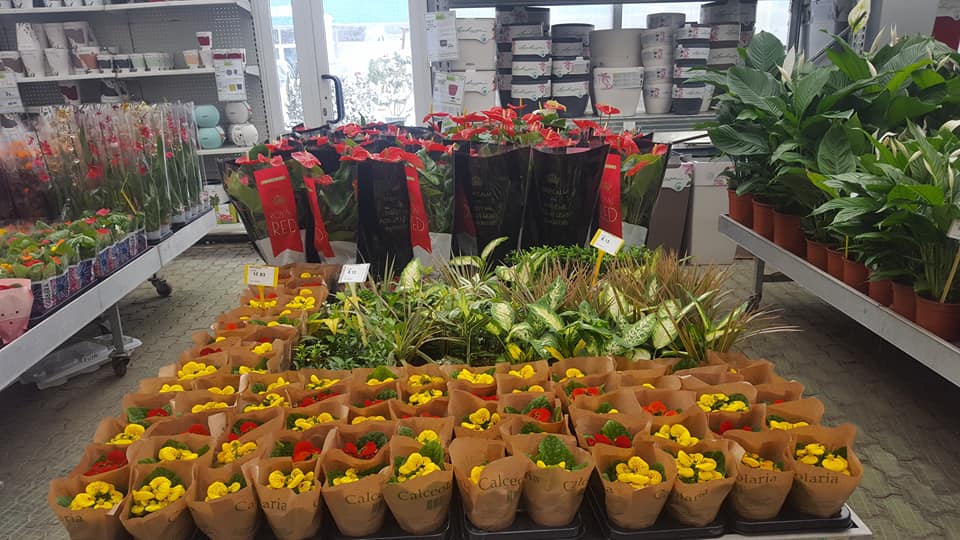




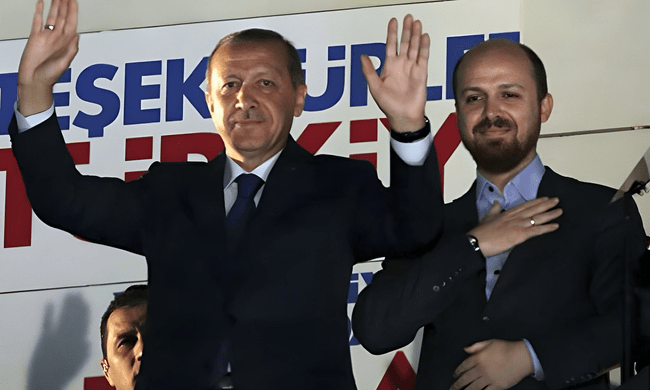



Comentează